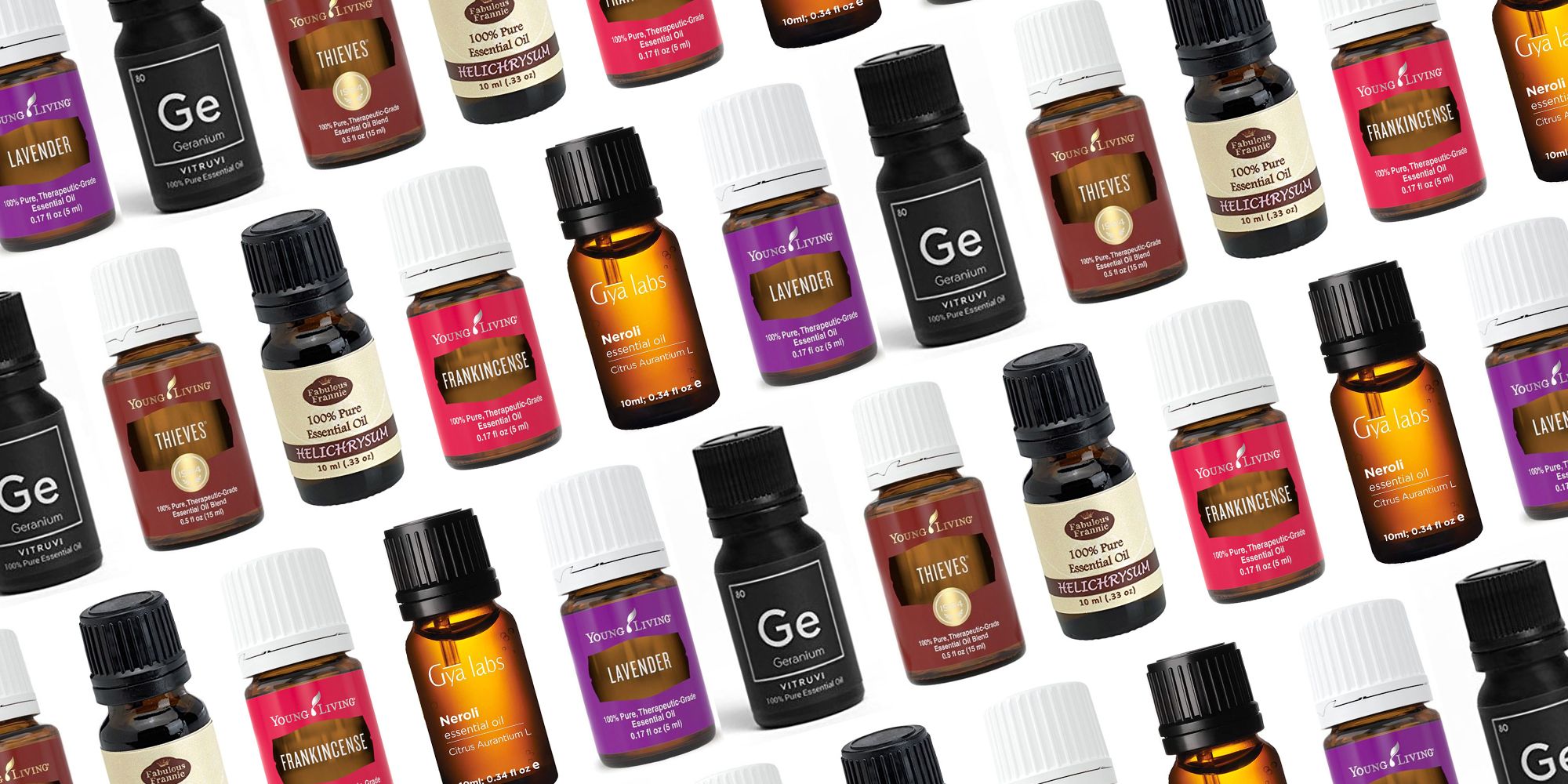Understanding Essential Oils for Skin Care: A Brief Overview
Essential Best oils for skin are concentrated plant extracts with numerous benefits for skincare. Best oils for skin nourish and hydrate the skin, provide antioxidants, soothe inflammation, and have antimicrobial properties. It’s essential to choose oils suitable for your skin type and ensure their purity. Dilution with carrier oils is important for safe application, and patch testing helps identify any allergies. Be mindful of potential side effects and precautions. You can incorporate essential oils into your skincare routine through serums, masks, or aromatherapy practices. Use Best oils for skin sparingly for maximum effectiveness.
Safe Application of Essential Oils for Skincare: Key Guidelines
1. Dilute essential oils with carrier oils before applying to the skin.
2. Conduct a patch test to check for any adverse reactions.
3. Follow recommended dilution ratios for different oils.
4. Avoid applying essential oils near sensitive areas like eyes and mucous membranes.
5. Be cautious of photosensitizing oils and limit sun exposure.
6. Consider individual sensitivities and consult a professional if needed.
7. Store essential oils properly in dark, airtight containers away from sunlight and heat.
Top Essential Oils for Clear Skin:

1. Tea Tree Essential Oil: Known for its antimicrobial properties and ability to combat acne and blemishes.
2. Lavender Essential Oil: Calming and soothing, lavender oil helps reduce redness and promote a clearer complexion.
3. Orange Essential Oil: Rich in vitamin C and antioxidants, it rejuvenates the skin and enhances its natural glow.
4. Ylang Ylang Essential Oil: Balances oil production, making it suitable for both dry and oily skin types.
5. Neroli Essential Oil: Helps improve skin elasticity, minimize the appearance of scars, and promote a smoother complexion.
6. Carrot Seed Essential Oil: Packed with antioxidants, it helps rejuvenate and detoxify the skin, promoting a healthier appearance.
Expert Insights: Recommended Essential Oils for Clear Skin
1. Tea Tree Oil: Known for its acne-fighting properties and ability to control breakouts.
2. Lavender Oil: Soothes and calms the skin, reducing redness and promoting a clearer complexion.
3. Orange Oil: Rich in vitamin C, it revitalizes the skin and adds a natural radiance.
4. Ylang Ylang Oil: Balances oil production, making it beneficial for both dry and oily skin types.
5. Neroli Oil: Improves skin elasticity, fades scars, and promotes a smoother appearance.
6. Carrot Seed Oil: Loaded with antioxidants, it detoxifies the skin and promotes a healthier look.
Natural Oils for Radiant Skin:
1. Coconut Oil: Deeply moisturizes and nourishes for a radiant glow.
2. Olive Oil: Rich in antioxidants, it improves skin texture and adds a healthy radiance.
3. Sunflower Seed Oil: Lightweight and hydrating, it enhances skin’s natural radiance.
4. Shea Butter: Provides intense moisture and restores a radiant complexion.
5. Jojoba Oil: Balances oil production and promotes a healthy, glowing skin.
6. Almond Oil: Nourishes and revitalizes, leaving skin radiant and refreshed.
7. Grapeseed Oil: Tightens pores and boosts natural radiance.
8. Rose Hip Seed Oil: Diminishes hyperpigmentation and promotes a more radiant skin tone.
Safety Guidelines for Using Natural Oils:
1. Patch Test: Before using a new oil, perform a patch test to check for any allergic reactions or skin sensitivities.
2. Dilute Properly: Dilute essential oils with carrier oils to avoid skin irritation. Follow recommended dilution ratios.
3. Sun Sensitivity: Some oils can increase sun sensitivity. Avoid direct sunlight or use sunscreen after applying photosensitizing oils.
4. Individual Sensitivities: Consider personal allergies or sensitivities when selecting and using natural oils.
5. Store Properly: Keep oils in dark, airtight containers away from heat and sunlight to preserve their quality.
6. Consult a Professional: If you have specific health conditions or concerns, consult a healthcare professional before using natural oils.
7. Discontinue Use if Irritation Occurs: If you experience any adverse reactions, discontinue use and seek medical advice if necessary.
Organic Oils vs. Essential Oils: What’s the Difference?

1. Organic Oils: Derived from plants using organic farming methods, retaining natural nutrients.
2. Essential Oils: Concentrated extracts of plants, capturing aromatic and therapeutic properties.
Organic oils are nourishing and used in cooking, skincare, and haircare. Essential oils are highly concentrated and used for aromatherapy and skincare. Not all essential oils are organic. Consider your needs when choosing.
Conclusion: Achieve Healthy and Glowing Skin with Essential Oils
Essential oils offer a natural and effective way to promote healthy and glowing skin. With their unique properties, such as antimicrobial, soothing, and antioxidant benefits, essential oils can address various skin concerns and enhance your complexion.
By understanding the safe application of essential oils and choosing the ones that suit your skin type, you can harness their potential to nourish, rejuvenate, and improve the overall appearance of your skin.
Whether you opt for tea tree oil to combat acne, lavender oil to soothe inflammation, or orange oil to add radiance, incorporating essential oils into your skincare routine can bring about noticeable improvements.
Embrace the power of essential oils and unlock the secret to achieving healthy, clear, and radiant skin naturally.
